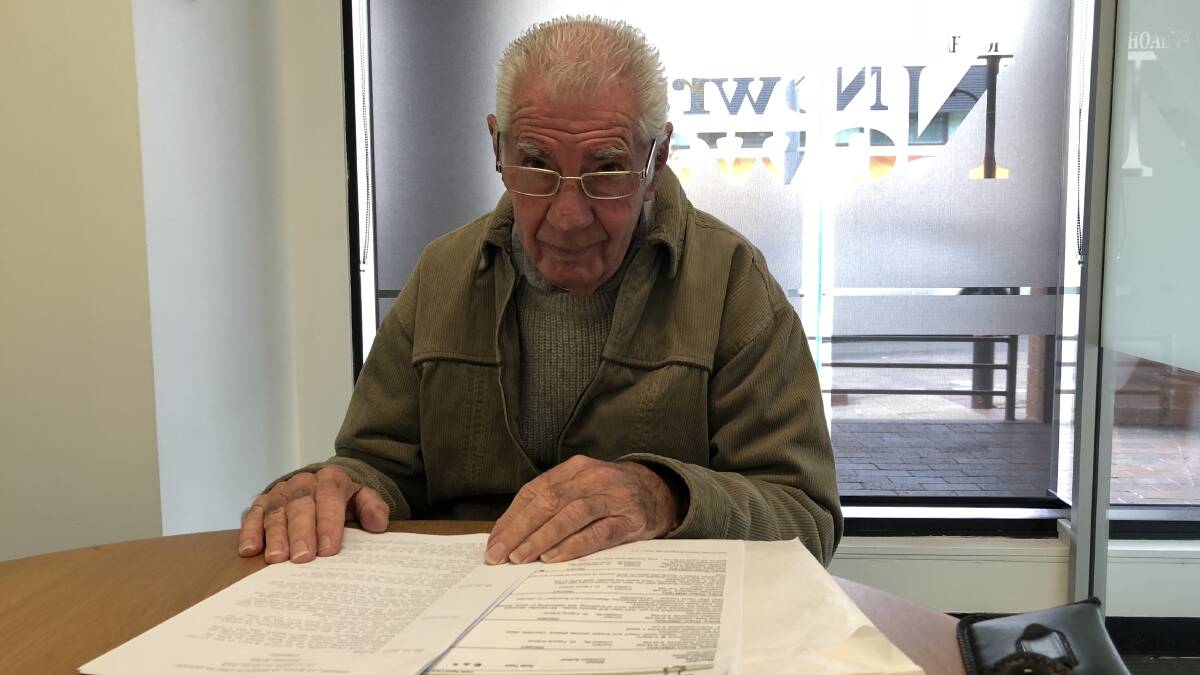Arthur Kirby’s experience with the death of his wife Robin while she was in a local aged care facility is a sad indictment on the way we, as a society, look after the most vulnerable among us.
Subscribe now for unlimited access.
$0/
(min cost $0)
or signup to continue reading

Opal Aged Care maintains its staff tailored the care for Mrs Kirby based on clinical advice it was given. It maintains it tried to help Mr Kirby understand why his wife was cared for in the manner he objected to by offering a meeting so staff could go through his wife’s care records with him.
“To this end, Opal offered to take Mr Kirby through his wife’s care records with an independent community advocate of his choice, which Mr Kirby declined,” the corporation said in a statement on Tuesday. “Opal then explored alternative options that still met its obligations in relation to sharing patient information, and was then able to release the records to Mr Kirby.”
Mr Kirby did decline. He wanted to have the records to pore over himself. He had meticulously recorded his wife’s care over the seven weeks she was in the Opal facility and wanted to compare his recollections with the official record. He did not want to be pressured into any other course of action.
He is an 82-year-old man of modest means. Opal’s reluctance to hand over his wife’s records heaped trauma upon the grief of losing his wife.
In its statement, Opal said its Shoalhaven facility “has a very strong clinical reputation”. It refuted the suggestion of shortcomings in the care Mrs Kirby received.
However, the statement does not explain how, in the space of 13 and a half hours, his wife was recorded as having “possible pneumonia” to dying from “hypostatic pneumonia 1 week”.
Mrs Kirby’s care notes are, as to be expected, clinical in nature. They indicate a care regime diametrically opposed to the care Mr Kirby administered while his wife was at home. Where he used soft encouragement to coax his wife up to walk, the nursing home used a full body lifter.
Perhaps the most distressing aspect of Mr Kirby’s experience can be found in his complaint to the Health Care Complaints Commission: “There was no consultation with me, ever, about Robin’s care plan going forward. I was completely excluded from Robin’s care.”
He must live with the doubt that, had his concerns been heard, his wife might have had a few more years, the most precious thing he could have hoped for.

